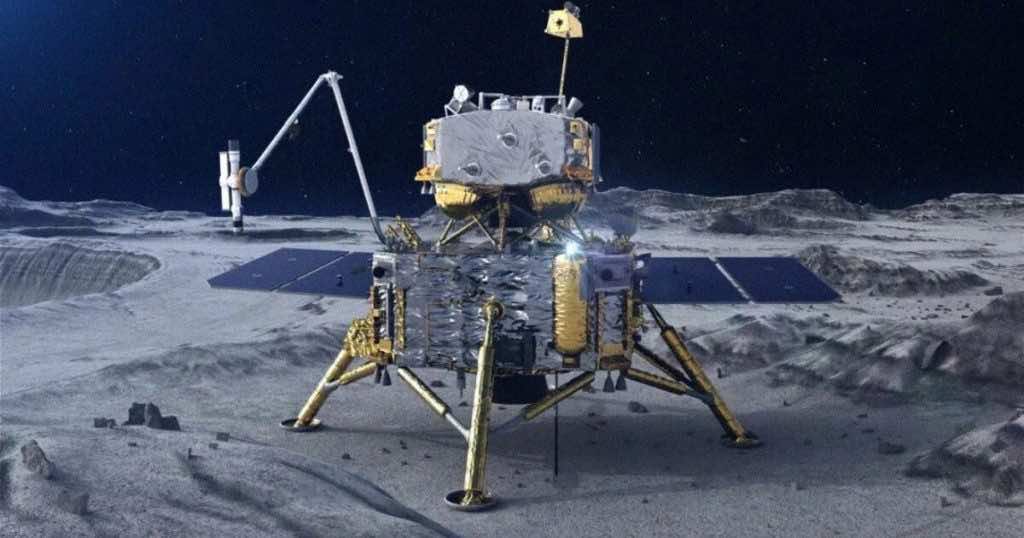After identifying a new lunar mineral that may be used as an energy source in the future, China plans to fly three unmanned trips to the Moon, Chinese state news site Xinhua reported.
The space race between China and the United States is heating up, with Beijing’s National Space Administration approving the launch of three orbiters to the Moon over the next decade. The latest missions are part of China’s continuing Chang’e lunar program.
According to the local Chinese media, China became the third country to find a new lunar mineral, Changesite-(Y).
In 2020, China’s Chang’e-5 mission returned samples from the Moon identified as a “phosphate mineral in columnar crystal” discovered in lunar rock particles. The mineral includes helium-3, which might be used as a future energy source.
Moon mining could be the next dispute between the United States and China since NASA is also looking into the Moon’s south pole, where China plans to establish a research station in conjunction with Russia.
China has recently increased its space exploration efforts by constructing a space station, conducting a series of missions to collect moon samples, and placing a rover named Zhurong on Mars early this year to compete with NASA.
According to NASA’s website, the United States is the only country that has carried humans to the Moon, with the Apollo 17 mission landing more than 50 years ago. In July 1969, the US Apollo 11 mission was the first to return samples from the Moon to Earth, with approximately 49 pounds (22 kilograms) of material from the Moon’s surface.
However, most recently, the US space agency has canceled two previous efforts to send its Space Launch System (SLS) to the Moon to jumpstart its Artemis mission.
China’s newest space exploration advancements may put further pressure on NASA to get its Artemis program off the ground, with the SLS being criticized for running over budget and deploying non-reusable technologies.

